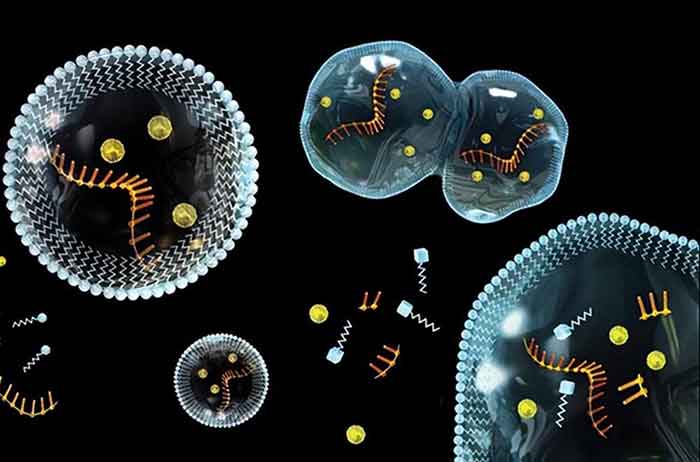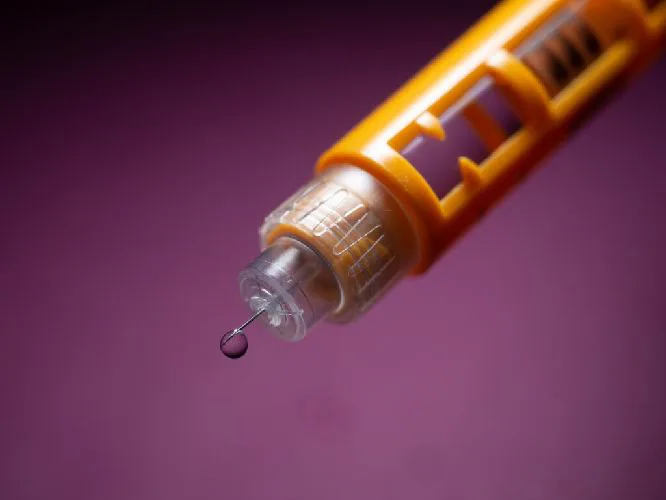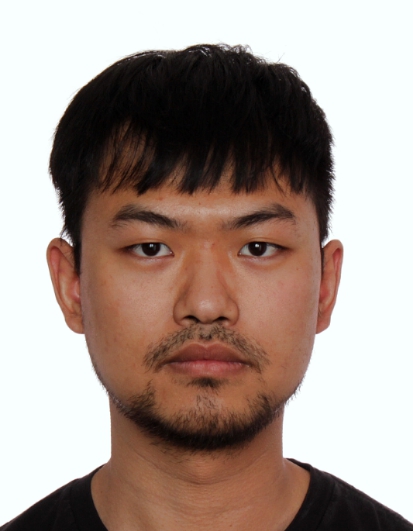
Meet Dr. Monica Dus, an extraordinary trailblazer in the field of biology whose passion for unravelling the mysteries of our genetic makeup and its interaction with nutrition has earned her widespread recognition.
As an Associate Professor with Tenure at the prestigious University of Michigan, she stands at the forefront of cutting-edge research in Molecular, Cellular, and Developmental Biology. Beyond academia, Dr. Dus is a 2023 Guggenheim Fellow in Biology, a distinction that further underscores her outstanding contributions to the scientific community.
But Dr. Monica’s impact doesn’t end there. She is deeply affiliated with multiple renowned research centers, including:
- The Michigan Neuroscience Institute
- The Obesity and Nutrition Research Center
- The Diabetes Research Center, and
- The Prechter Bipolar Research Program
These affiliations speak volumes about the broad spectrum of her research interests and expertise.
At the heart of Dr. Monica Dus’s research lies the captivating concept of nutrigenomics. With her pioneering work, she delves into the intricate dance between dietary components and our genes, exploring how this dynamic interaction shapes neural plasticity and behaviour.
Get ready to embark on a thrilling journey through the fascinating world of nutrigenomics and beyond, guided by the brilliance of Dr. Monica Dus.

What initially sparked your interest in Molecular Biology, and what motivated you to pursue it as a career?
I loved the beauty of Nature for as long as I could remember, so when as a teenager I found out that there was a whole new tiny fascinating molecular world hidden from my (and our) eyes, I was mind blown.
I read that molecular biology was the “eye” of this world, so I decided then and there to become a molecular biologist. I did not know what it would take, but I was enamoured with the possibility of being able to see the beauty of nature at a different magnitude. So, in one world, beauty.
How do you envision these tiny tags being utilized in diabetes treatments in the future? (Reference: Molecular Biology of Insulin: Decoding its Secrets via Fruit Fly Discoveries)
It is hard to speculate now because this is still a new discovery in a new field. One possibility would be that we can add or remove the tags in different ways, but there is still a lot to learn about that. What’s key is to have identified a new way in which this important hormone is made, however.
Given the intricate process of insulin production, what avenues for further research have opened up as a result of this study?
We identified this new way in which insulin production is controlled. The next question is, how is this processed regulated? How does disease affect it?
Please help me if I’m wrong, the findings from this study may impact our understanding of other metabolic diseases beyond diabetes.
Possibly, if this mechanism controls other transcripts in the insulin cells or other hormones in general.

How do you envision the future of neuroscience of nutrition research and its potential impact on human health and well-being? (Reference: Diet can influence mood, behavior and more).
I am a molecular geneticist, so I study biology by breaking and fixing it. Usually, this comes in the form of mutating a gene, examining what happens, and then adding it back at different times and in specific cell types to identify when and where the gene function is important. This is a molecular approach.
Nutrition has been based on observational and biochemical approaches, and I think it would benefit from being studied within the conceptual and technical framework of molecular biology.
Someone comes up to you and says, “I wanna be just like you. I want to be a Molecular Biologist”, what advice would you give?
My first advice would be, DO YOU! Your unique lived experience will bring its own approach to scientific questions.
Now, to become a molecular biologist, you’d first start by majoring in biology and biochemistry in college and emailing professors early on to become involved in research. And read nonfiction science books on biology, listen to science podcasts, and daydream about science. After college, people do some more research to figure out whether they want to become a scientist; there are post-bac programs, master programs, and technician jobs, so many ways to do this.
If you are still interested in this career, then it is time to apply for Ph.D. programs in molecular or cell biology. Tuition and salary will be covered, so you don’t have to think about how you will afford to pay for graduate school.
After that, if you want to continue to do research, you will do a postdoc in industry or academia, and after that, become a professor and lead a lab, teach, or work in a team of researchers within a lab.

Quick bits:
What is your favourite movie quote?
On Wednesdays we wear pink.
Your favourite scientific innovation of the 21st century?
RNA vaccines 🙂
What books should I read in 2023?
The Alignment Problem; She Has her Mother’s Laugh.
If a movie was made of your life what genre would it be, who would play you?
Definitely a comedy 🙂
(Wow! Thank you, Dr. Dus, it has been a real pleasure! Your work is truly an inspiration. We look forward to visit you again and see more of your innovative research. Till then, we wish you all the very best for your future endeavor.)



